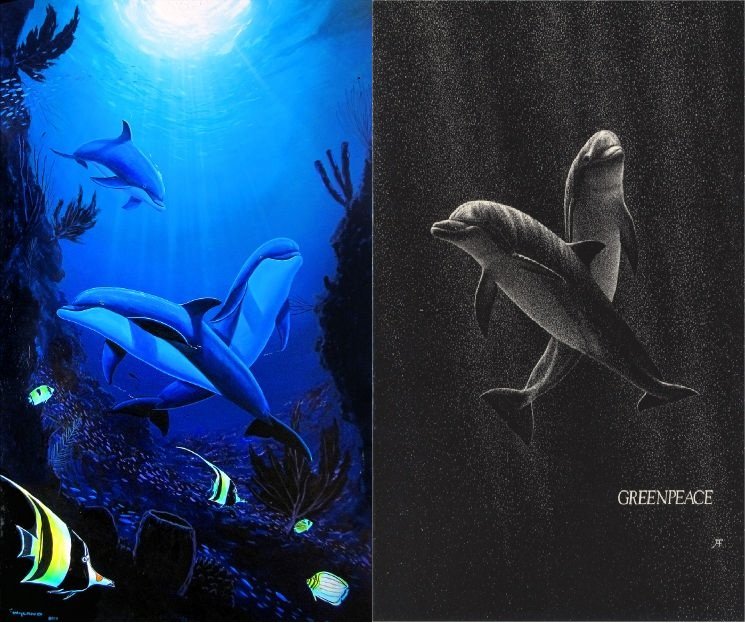Each year the Russian business ombudsman publishes the book of complaints – the collection of problems identified by Russian business. Each industry identifies certain problems and business ombudsman proposes solutions. The intellectual property is no exception. What complaints and what solutions?
Comments closedCategory: Copyright
Andrey Krichevsky gave to Russian media house “Kommersant” interview. During the conversation with journalist he explained his position and vision of collective management in Russia, his experience and perspectives in development of music business in generally. Below are his main thoughts, and, believe, they have been translated very correctly.
Comments closedThis option would not have any direct impact on rights clearance and transaction costs and would entirely depend on the solutions available at national level. CHIs in MS whose legal frameworks already allow for licences also covering the rights of outsiders for the digitisation and dissemination of OoC works would already benefit from the possibility of substantially lower transaction costs.
Comments closedA computer program may be registered with the U.S. Copyright Office if it contains a sufficient amount of original authorship in the form of statements or instructions to a computer.
Comments closedJoshua Lange, the named defendant, owns, operates, and is the sole employee of his internet site, Motherless.com. The site contains over 12.6 million mostly pornographic pictures and video clips. The content generally has been uploaded by the site’s users, and the uploaders may or may not have created the material. Motherless stores the content on servers that Lange owns. In 2011, the website had nearly 750,000 active users and about 611,000 visits daily.
Comments closedWhen the owner of a foreign website, acting abroad, uploads video content in which another party holds exclusive United States public performance rights under the Copyright Act and then directs the uploaded content to United States viewers upon their request, does it commit an infringing “performance” under the Act? If so, is it protected from liability by the principle – unquestioned here – that the Act has no extraterritorial application?
Comments closed
The plaintiff alleged that the defendant infringed on his pen and ink depiction of two dolphins crossing underwater. Applying the objective extrinsic test for substantial similarity, the panel held that the only area of commonality between the parties’ works was an element first found in nature, expressing ideas that nature has already expressed for all, a court need not permit the case to go to a trier of fact.
Comments closedBaseline
No policy intervention. CHIs would continue to rely mainly on individual licensing, or collective licensing where possible. Collective licensing would be supported by national legal mechanisms to cover the rights of outsiders only in a limited number of MS. Licences resulting from these mechanisms would be limited to one national territory. The 2011 MoU would continue to call on MS to adopt such mechanisms for books and learned journals, and to provide a basis for further collective licences for this category of works.
Comments closedThe Copyright Act defines a “computer program” as “a set of statements or instructions to be used directly or indirectly in a computer in order to bring about a certain result.” A claim to copyright in a computer program may be based on the authorship “expressed in words, numbers, or other verbal or numerical symbols or indicia,” regardless of whether that expression has been fixed in tapes, disks, cards, or any other tangible medium of expression.
Comments closedA new very useful research, requested by policy department for citizens’ rights and constitutional affairs, has been published. The author of research, Eleonora Rosati, has briefly but informative and understandable way outlined the main issues with text and data mining exception to copyright. The entire research available here, below some technical points of exception – its three steps.
Comments closed